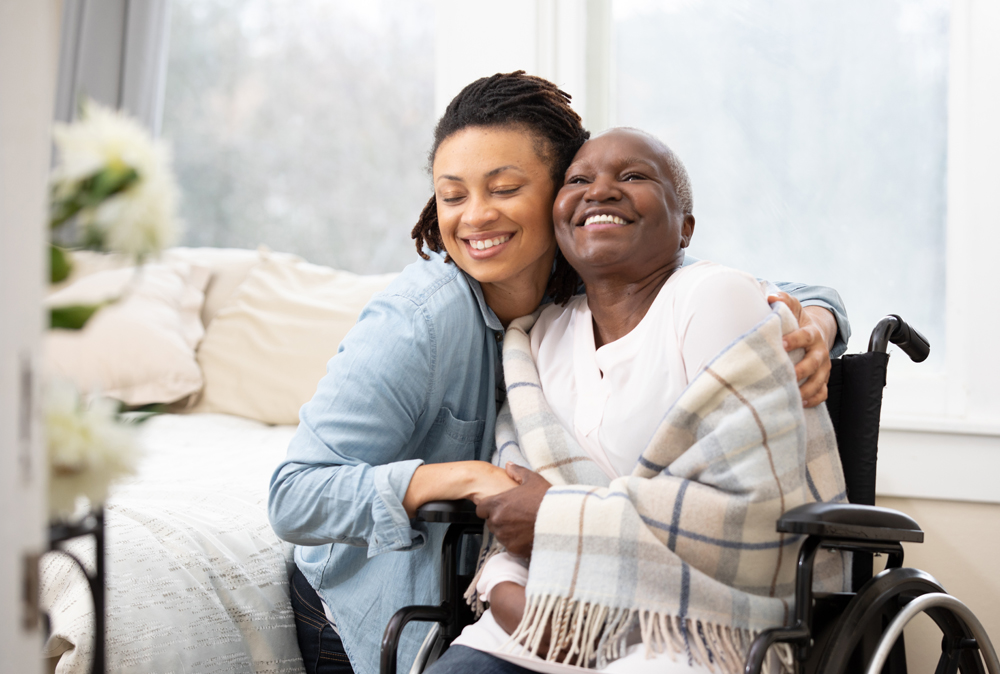Depression can sometimes become a problem for elderly people, and it can be caused by loneliness, isolation, lack of mobility and other issues. No matter what the cause, it can lead to many problems including loss of appetite and low energy levels.
Often, elderly people fail to recognise it for what it is. They don’t spot the symptoms, and therefore they don’t seek help. Sometimes they may think that how they are feeling is just a natural part of ageing.
Here are some signs to look out for along with how to cope when an elderly friend or relative is depressed.
Signs of Depression
First, you must spot when depression is a problem. Signs can include:
- A lower level of hygiene
- Loss of weight
- Not taking care of their appearance
- Less enthusiasm about seeing you or going out to see friends
- Unusual aches and pains
- More subtle signs like empty food cupboards
When an elderly person is depressed, they might not actually complain of feeling sad. Instead, they may instead say that they don’t have much motivation or that they are lacking energy.
Seek Treatment
The first step to coping with depression is to seek treatment. Treatment can be very effective, so make sure you visit your doctor early on.
Depression may be related to a problem of getting older, such as loneliness or a medical issue, so any treatment will need to take account of such issues.
Elderly people are also more sensitive to the side effects of drugs. If they take anti-depressants, they may need close monitoring, so this is something to be aware of.
Techniques for Coping with Depression
On top of seeking medical help, there are many things that you can do to help your elderly friend or relative cope with depression. These include:
- Spend time with them. Listen to them, eat with them and talk to them. Sometimes this on its own can be enough to make a huge difference. If you cannot spend enough time with them, consider using the services of a professional care worker.
- Get out and about with them. Go for gentle walks, visit the shops, have a coffee in town or do something else they enjoy.
- Encourage activities they have always enjoyed, whether gardening, going out, playing cards or anything else they enjoy.
- Encourage some activities that involve mental stimulation, such as a trip to a museum or art gallery.
- Keep in touch when you cannot see them in person. Call them, text and make sure they are not isolated.
- See friends, go to clubs, invite friends around and try and keep them socially engaged.
- A healthy diet is important, so make sure they are eating well.
- Try to encourage more exercise, which could range from going for a walk to doing some exercises at home or visiting a class.
- Looking after someone with depression can also be hard for you, so you may want to consider getting some respite care even for a few hours a week to give you a break.
Help with Depression
Depression can be difficult for people of any age, but for elderly people it can be particularly hard. It can also be a challenge for you if you are looking after them.
Use these tips to help cope with depression in your elderly friend or relative, and make sure you look after yourself at the same time.

